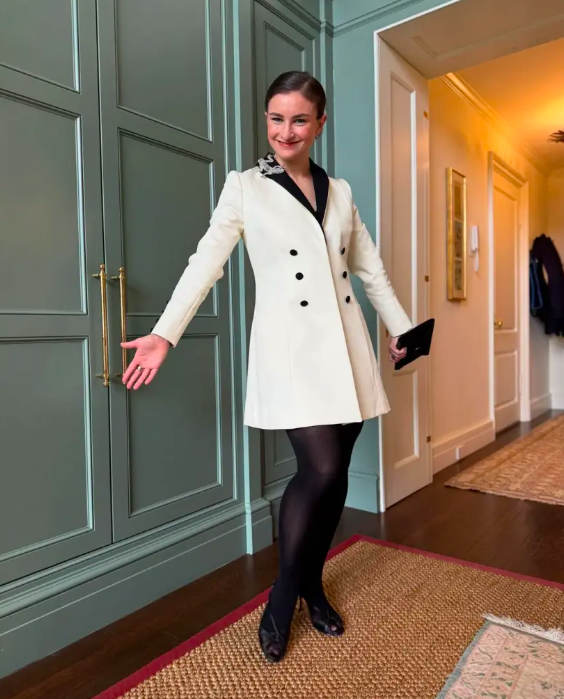After thirty-seven years of defining the cultural conversation, Anna Wintour has stepped down as Editor-in-Chief of Vogue U.S. The move marks the end of an era and the beginning of another, as Chloe Malle assumes the role in early September.
Wintour is not disappearing from the fashion stage — far from it. She will continue to wield considerable influence as Condé Nast’s Chief Content Officer and Vogue’s Global Editorial Director, overseeing the magazine’s international editions, Vogue World, and of course, her trademark spectacle, the Met Gala. Yet the U.S. edition of Vogue, long synonymous with Wintour’s exacting eye and cultural authority, will now be steered by a new hand.
The Protégé Emerges
Malle, at 39, is no stranger to Vogue. She joined the magazine in 2011 as Social Editor, later became a Contributing Editor, and eventually took charge of Vogue.com, where she sharpened its digital voice and broadened its readership. Her editorial portfolio has already made headlines — from photographing Naomi Biden’s White House wedding to profiling Lauren Sánchez in the lead-up to her marriage with Jeff Bezos.
The daughter of actress Candice Bergen and filmmaker Louis Malle, Chloe has never hidden her privileged background. She has even called herself a “proud nepo baby” in interviews, though she is equally clear that her ambition is to leave her own imprint on fashion’s most storied title.
Redefining the Glossy
Inheriting a print magazine in 2025 is no small challenge. With the decline of monthly publishing and the dominance of digital storytelling, Malle’s strategy is to reimagine Vogue’s print presence as rare and collectible. Rather than flooding the market with frequent issues, she intends to focus on fewer editions with greater depth, leaning into long-form journalism and editorial themes designed to stand the test of time.
This year’s September issue reached a solid 365 pages — but Malle’s message is clear: in the future, it won’t be about the thickness of the spine, but the resonance of the content.
A Graceful Transition
For Wintour, handing over the reins was both monumental and deeply personal. In a recent conversation, she described Malle as “sharp, funny, and independent-minded,” someone who understands Vogue’s history but isn’t afraid to push it forward. On the day after Labor Day, Wintour formally passed the job to her protégé — a symbolic gesture that underscored continuity as much as change.
The Next Chapter
With Malle at the helm, Vogue U.S. stands at a crossroads: carrying the weight of its legacy while reimagining its relevance for a new generation of readers. If Wintour embodied the globalization and celebrity-driven power of late 20th-century fashion, Malle represents a future defined by curated storytelling, digital engagement, and editorial collectability.
One era closes. Another, equally ambitious, begins.
